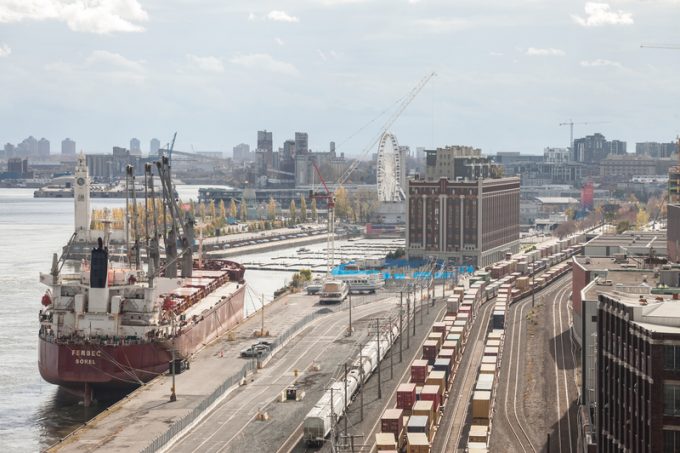Carriers warn of cargo disruption due to strikes at Munich Airport
Lufthansa Cargo (LC) has warned customers that strikes tomorrow and Friday at Munich Airport (MUC) ...

Shippers are beginning to make alternative routing arrangements in the event of a renewed strike at the port of Montreal.
And industry groups are warning that a new round of industrial action would seriously hurt supply chains and the Canadian economy.
Stakeholders are worried that a strike at the port could come as soon as late next month, when a truce between Maritime Employers Association and the Canadian Union of Public Employees, representing longshoremen, is due to expire.
On 16 February, the union ...
Volcanic disruption at Anchorage could hit transpacific airfreight operations
Macron calls for ‘suspension’ – CMA CGM's $20bn US investment in doubt
Forwarders stay cool as US 'liberation day' tariffs threaten 'global trade war'
Shippers snap up airfreight capacity to US ahead of tariff deadline
De minimis exemption on shipments from China to the US will end in May
Tighter EU import requirements proving 'a challenge' for forwarders
Looming Trump tariffs will create 'a bureaucratic monster' for Customs

Comment on this article